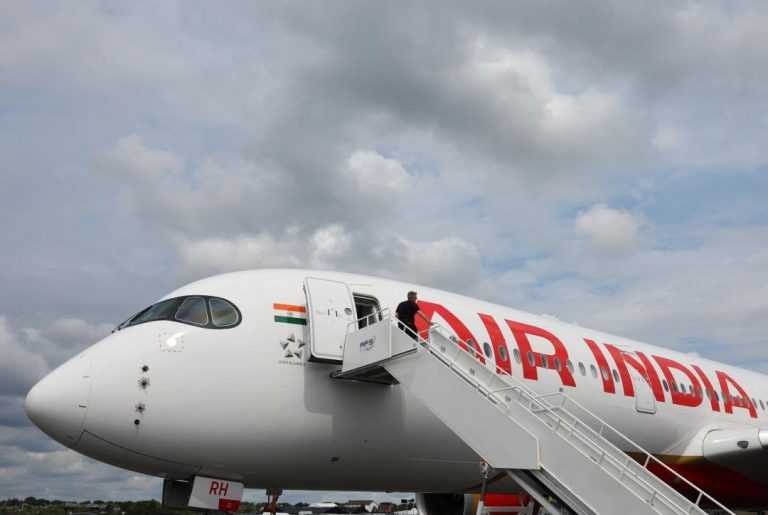
Pixxel wins SPARK grant for defence-grade space payloads
In a significant boost to India’s surveillance and space capabilities, Bengaluru-based Pixxel has secured a SPARK grant under India’s iDEX DISC 8 to develop hyperspectral and MWIR (Mid-Wave Infrared) payloads for the Indian Air Force. This is the second defence win for Pixxel, cementing its position as a pioneer in indigenous aerospace innovation.
Pixxel, a cutting-edge imaging technology startup, has been making waves in the industry with its high-resolution, military-grade Earth observation systems. With a whopping $95 million in funding, the company is well-equipped to deliver cutting-edge solutions that are transforming the way we understand and interact with space.
The SPARK grant, which stands for Strategic Partnerships for Aerospace Research and Knowledge, is a prestigious award that recognizes innovative research and development initiatives in the aerospace sector. iDEX DISC 8, on the other hand, is a flagship program of the Indian government aimed at promoting innovation and indigenization in the defence sector.
The grant will enable Pixxel to develop and deliver hyperspectral and MWIR payloads that will enhance the Indian Air Force’s surveillance capabilities. Hyperspectral payloads, for instance, can capture detailed spectral information about the Earth’s surface, providing valuable insights into environmental monitoring, agriculture, and natural resource management.
MWIR payloads, on the other hand, can detect thermal signatures of objects and landscapes, enabling advanced surveillance and reconnaissance capabilities. These payloads will be integrated into Pixxel’s state-of-the-art Earth observation satellites, providing the Indian Air Force with high-resolution, real-time imaging capabilities.
Pixxel’s innovative approach to space technology has been gaining traction globally, with the company recently securing a contract with the Indian Space Research Organisation (ISRO) to launch a constellation of 36 satellites. The company’s flagship product, Pixxel’s 36-satellite constellation, will provide high-resolution Earth imaging services, empowering users to make data-driven decisions in various industries, including agriculture, urban planning, and disaster management.
The SPARK grant is a testament to Pixxel’s commitment to indigenous innovation and its ability to deliver defence-grade solutions that meet the stringent requirements of the Indian Air Force. With this grant, Pixxel will further strengthen its position as a leader in the aerospace industry, driving innovation and growth in the country.
“We are thrilled to have secured the SPARK grant and are committed to delivering high-quality, defence-grade payloads that meet the Indian Air Force’s requirements,” said Awais Ahmed, CEO and Co-Founder of Pixxel. “This grant is a recognition of our innovative approach to space technology and our ability to deliver cutting-edge solutions that are transforming the way we interact with space.”
Pixxel’s success is a reflection of the growing importance of indigenous innovation in the aerospace sector. The company’s defence-grade payloads are not only boosting India’s surveillance capabilities but also providing a platform for the country to export its space technology expertise to the global market.
In conclusion, Pixxel’s win of the SPARK grant is a significant milestone in the company’s journey to become a leader in the aerospace industry. With its cutting-edge imaging technology, $95 million in funding, and now, a prestigious grant from the Indian government, Pixxel is poised to make a lasting impact on the global space industry.






